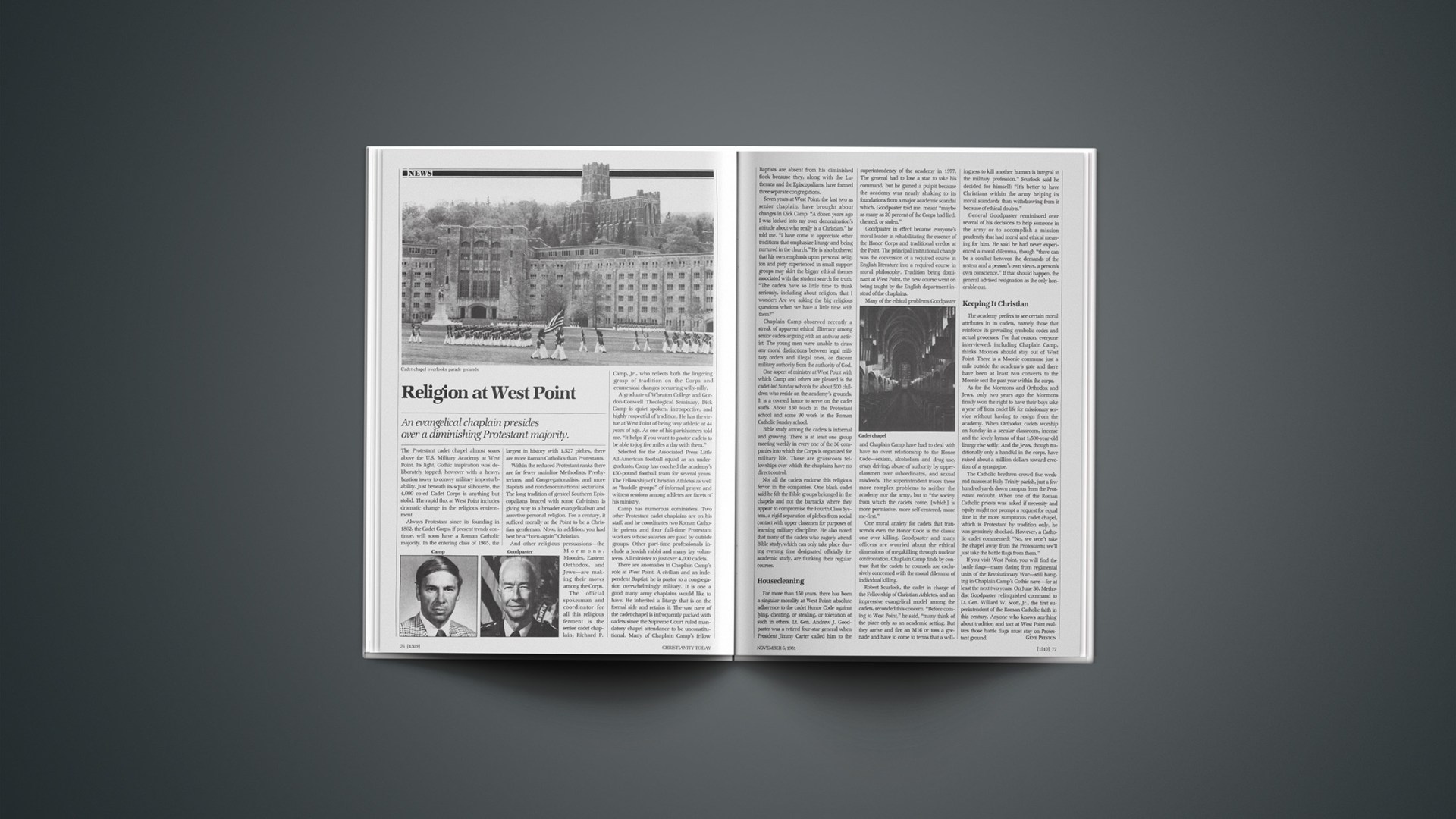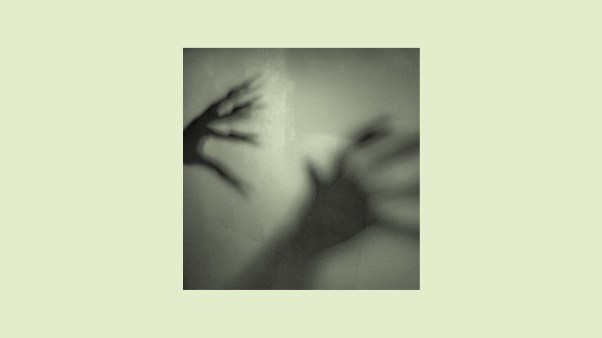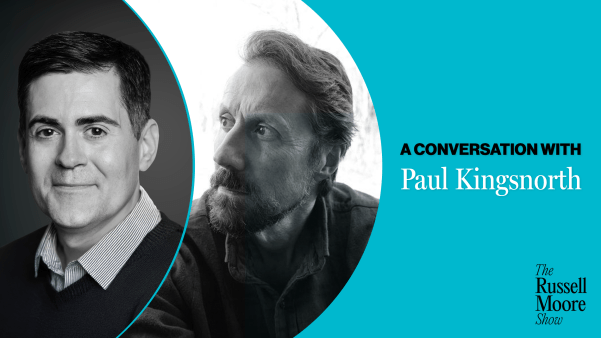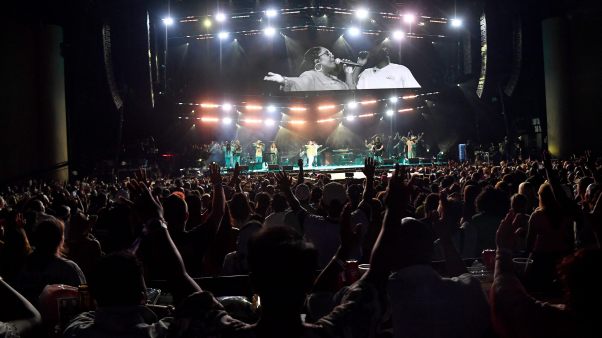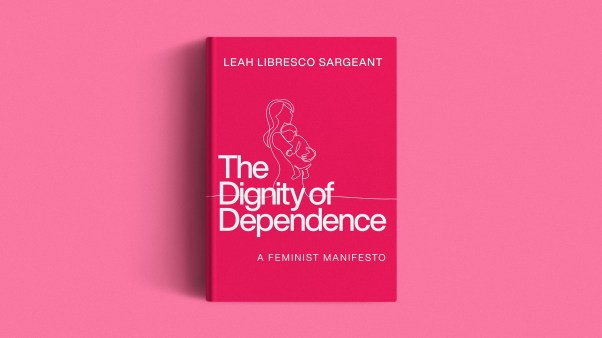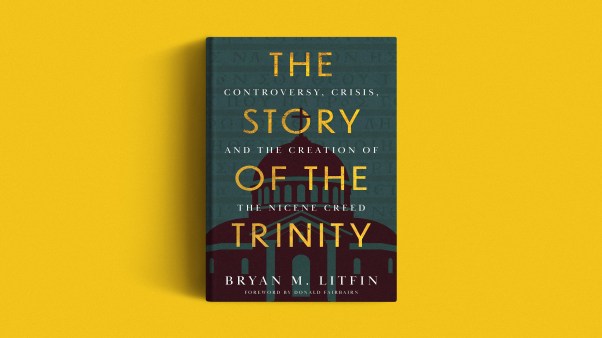An evangelical chaplain presides over a diminishing Protestant majority.
The Protestant cadet chapel almost soars above the U.S. Military Academy at West Point. Its light, Gothic inspiration was deliberately topped, however with a heavy, bastion tower to convey military imperturbability. Just beneath its squat silhouette, the 4,000 co-ed Cadet Corps is anything but stolid. The rapid flux at West Point includes dramatic change in the religious environment.
Always Protestant since its founding in 1802, the Cadet Corps, if present trends continue, will soon have a Roman Catholic majority. In the entering class of 1985, the largest in history with 1,527 plebes, there are more Roman Catholics than Protestants.
Within the reduced Protestant ranks there are far fewer mainline Methodists, Presbyterians, and Congregationalists, and more Baptists and nondenominational sectarians. The long tradition of genteel Southern Episcopalians braced with some Calvinism is giving way to a broader evangelicalism and assertive personal religion. For a century, it sufficed morally at the Point to be a Christian gentleman. Now, in addition, you had best be a “born-again” Christian.
And other religious persuasions—the Mormons, Moonies, Eastern Orthodox, and Jews—are making their moves among the Corps.
The official spokesman and coordinator for all this religious ferment is the senior cadet chaplain, Richard P. Camp, Jr., who reflects both the lingering grasp of tradition on the Corps and ecumenical changes occurring willy-nilly.
A graduate of Wheaton College and Gordon-Conwell Theological Seminary, Dick Camp is quiet spoken, introspective, and highly respectful of tradition. He has the virtue at West Point of being very athletic at 44 years of age. As one of his parishioners told me, “It helps if you want to pastor cadets to be able to jog five miles a day with them.”
Selected for the Associated Press Little All-American football squad as an undergraduate, Camp has coached the academy’s 150-pound football team for several years. The Fellowship of Christian Athletes as well as “huddle groups” of informal prayer and witness sessions among athletes are facets of his ministry.
Camp has numerous coministers. Two other Protestant cadet chaplains are on his staff, and he coordinates two Roman Catholic priests and four full-time Protestant workers whose salaries are paid by outside groups. Other part-time professionals include a Jewish rabbi and many lay volunteers. All minister to just over 4,000 cadets.
There are anomalies in Chaplain Camp’s role at West Point. A civilian and an independent Baptist, he is pastor to a congregation overwhelmingly military. It is one a good many army chaplains would like to have. He inherited a liturgy that is on the formal side and retains it. The vast nave of the cadet chapel is infrequently packed with cadets since the Supreme Court ruled mandatory chapel attendance to be unconstitutional. Many of Chaplain Camp’s fellow Baptists are absent from his diminished flock because they, along with the Lutherans and the Episcopalians, have formed three separate congregations.
Seven years at West Point, the last two as senior chaplain, have brought about changes in Dick Camp. “A dozen years ago I was locked into my own denomination’s attitude about who really is a Christian,” he told me. “I have come to appreciate other traditions that emphasize liturgy and being nurtured in the church.” He is also bothered that his own emphasis upon personal religion and piety experienced in small support groups may skirt the bigger ethical themes associated with the student search for truth. “The cadets have so little time to think seriously, including about religion, that I wonder: Are we asking the big religious questions when we have a little time with them?”
Chaplain Camp observed recently a streak of apparent ethical illiteracy among senior cadets arguing with an antiwar activist. The young men were unable to draw any moral distinctions between legal military orders and illegal ones, or discern military authority from the authority of God.
One aspect of ministry at West Point with which Camp and others are pleased is the cadet-led Sunday schools for about 500 children who reside on the academy’s grounds. It is a coveted honor to serve on the cadet staffs. About 130 teach in the Protestant school and some 90 work in the Roman Catholic Sunday school.
Bible study among the cadets is informal and growing. There is at least one group meeting weekly in every one of the 36 companies into which the Corps is organized for military life. These are grassroots fellowships over which the chaplains have no direct control.
Not all the cadets endorse this religious fervor in the companies. One black cadet said he felt the Bible groups belonged in the chapels and not the barracks where they appear to compromise the Fourth Class System, a rigid separation of plebes from social contact with upper classmen for purposes of learning military discipline. He also noted that many of the cadets who eagerly attend Bible study, which can only take place during evening time designated officially for academic study, are flunking their regular courses.
Housecleaning
For more than 150 years, there has been a singular morality at West Point: absolute adherence to the cadet Honor Code against lying, cheating, or stealing, or toleration of such in others. Lt. Gen. Andrew J. Goodpaster was a retired four-star general when President Jimmy Carter called him to the superintendency of the academy in 1977. The general had to lose a star to take his command, but he gained a pulpit because the academy was nearly shaking to its foundations from a major academic scandal which, Goodpaster told me, meant “maybe as many as 20 percent of the Corps had lied, cheated, or stolen.”
Goodpaster in effect became everyone’s moral leader in rehabilitating the essence of the Honor Corps and traditional credos at the Point. The principal institutional change was the conversion of a required course in English literature into a required course in moral philosophy. Tradition being dominant at West Point, the new course went on being taught by the English department instead of the chaplains.
Many of the ethical problems Goodpaster and Chaplain Camp have had to deal with have no overt relationship to the Honor Code—sexism, alcoholism and drug use, crazy driving, abuse of authority by upper-classmen over subordinates, and sexual misdeeds. The superintendent traces these more complex problems to neither the academy nor the army, but to “the society from which the cadets come, [which] is more permissive, more self-centered, more me-first.”
One moral anxiety for cadets that transcends even the Honor Code is the classic one over killing. Goodpaster and many officers are worried about the ethical dimensions of megakilling through nuclear confrontation. Chaplain Camp finds by contrast that the cadets he counsels are exclusively concerned with the moral dilemma of individual killing.
Robert Scurlock, the cadet in charge of the Fellowship of Christian Athletes, and an impressive evangelical model among the cadets, seconded this concern. “Before coming to West Point,” he said, “many think of the place only as an academic setting. But they arrive and fire an M16 or toss a grenade and have to come to terms that a willingness to kill another human is integral to the military profession.” Scurlock said he decided for himself: “It’s better to have Christians within the army helping its moral standards than withdrawing from it because of ethical doubts.”
General Goodpaster reminisced over several of his decisions to help someone in the army or to accomplish a mission prudently that had moral and ethical meaning for him. He said he had never experienced a moral dilemma, though “there can be a conflict between the demands of the system and a person’s own views, a person’s own conscience.” If that should happen, the general advised resignation as the only honorable out.
Keeping It Christian
The academy prefers to see certain moral attributes in its cadets, namely those that reinforce its prevailing symbolic codes and actual processes. For that reason, everyone interviewed, including Chaplain Camp, thinks Moonies should stay out of West Point. There is a Moonie commune just a mile outside the academy’s gate and there have been at least two converts to the Moonie sect the past year within the corps.
As for the Mormons and Orthodox and Jews, only two years ago the Mormons finally won the right to have their boys take a year off from cadet life for missionary service without having to resign from the academy. When Orthodox cadets worship on Sunday in a secular classroom, incense and the lovely hymns of that 1,500-year-old liturgy rise softly. And the Jews, though traditionally only a handful in the corps, have raised about a million dollars toward erection of a synagogue.
The Catholic brethren crowd five weekend masses at Holy Trinity parish, just a few hundred yards down campus from the Protestant redoubt. When one of the Roman Catholic priests was asked if necessity and equity might not prompt a request for equal time in the more sumptuous cadet chapel, which is Protestant by tradition only, he was genuinely shocked. However, a Catholic cadet commented: “No, we won’t take the chapel away from the Protestants; we’ll just take the battle flags from them.”
If you visit West Point, you will find the battle flags—many dating from regimental units of the Revolutionary War—still hanging in Chaplain Camp’s Gothic nave—for at least the next two years. On June 30, Methodist Goodpaster relinquished command to Lt. Gen. Willard W. Scott, Jr., the first superintendent of the Roman Catholic faith in this century. Anyone who knows anything about tradition and tact at West Point realizes those battle flags must stay on Protestant ground.
GENE PRESTON

